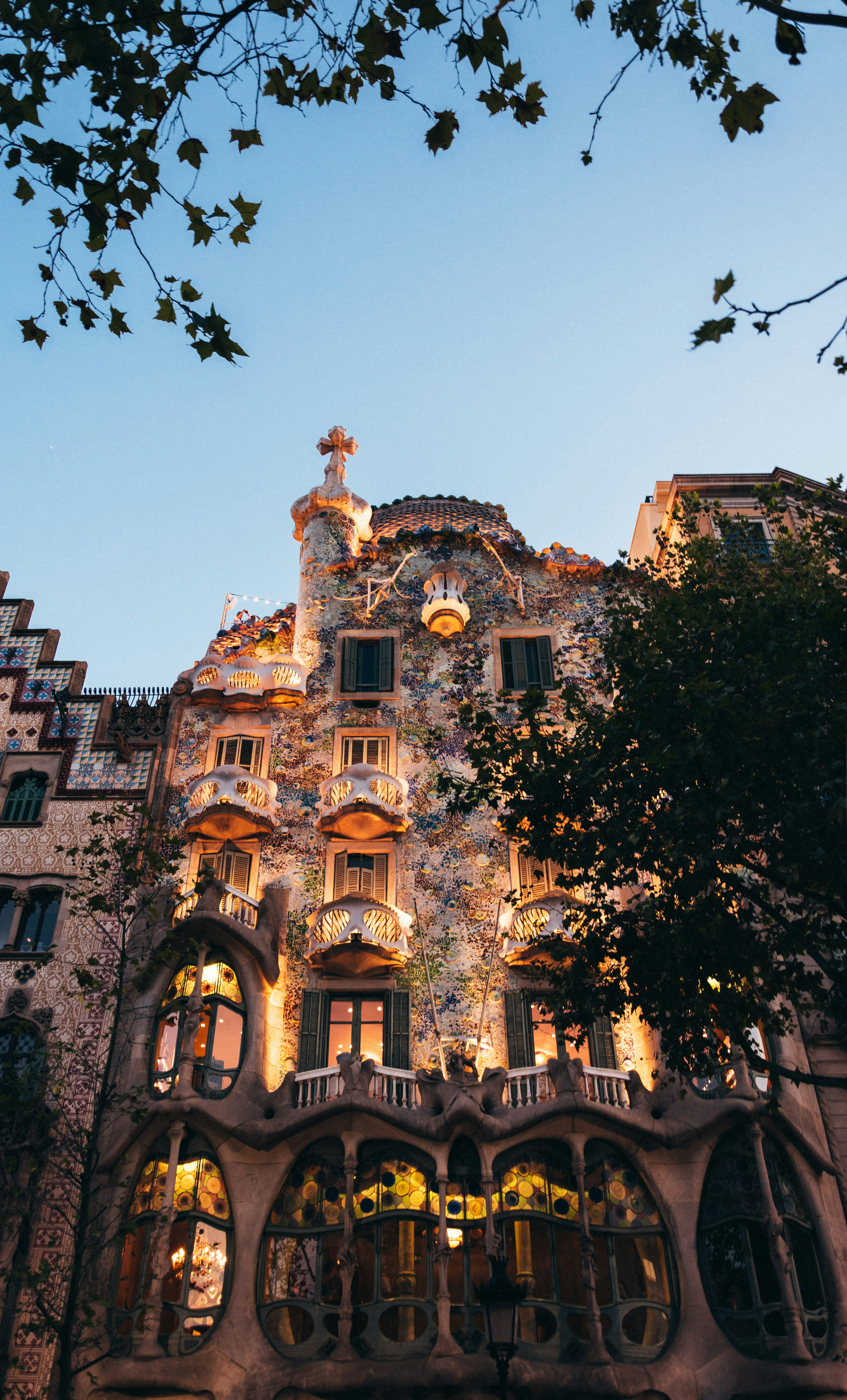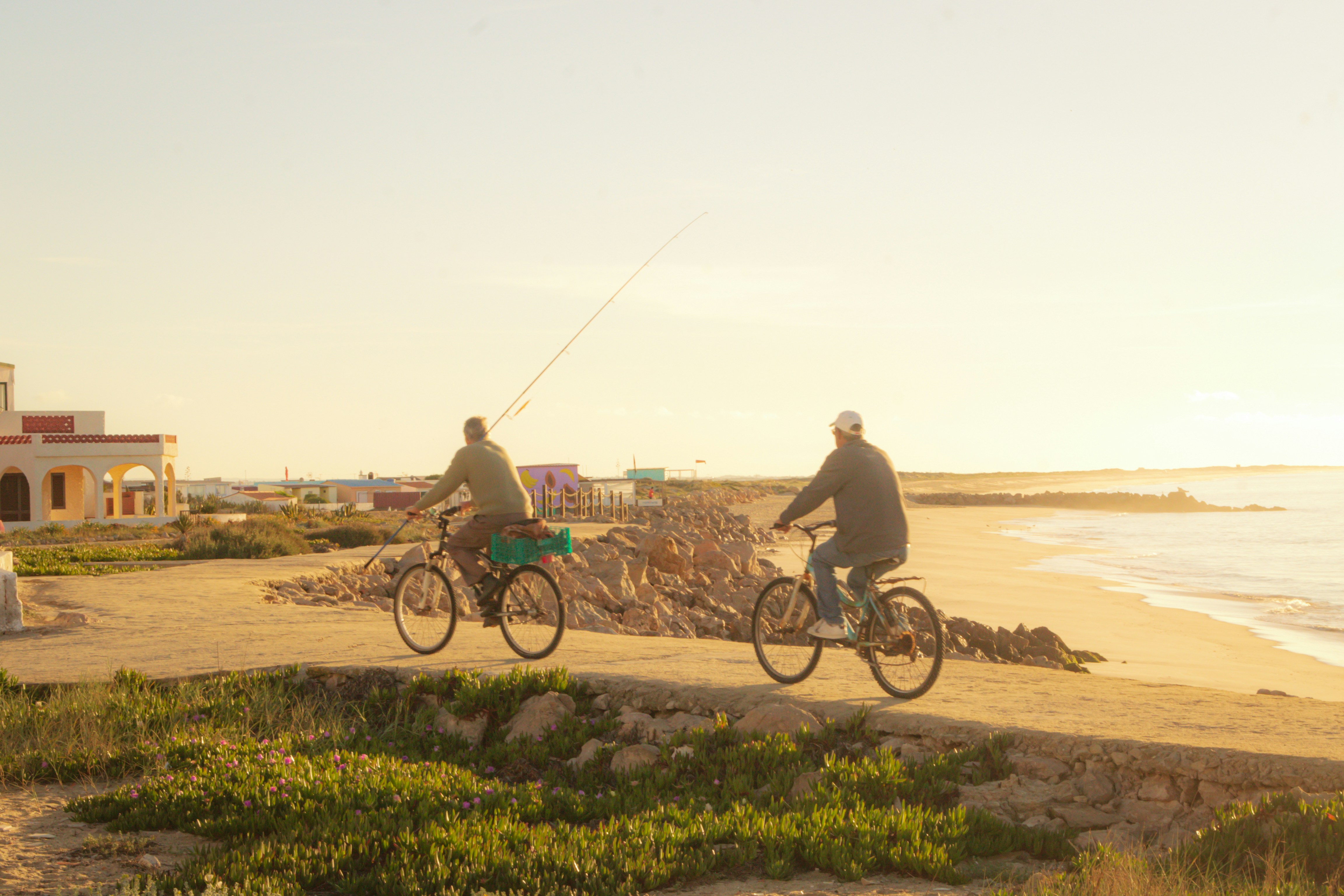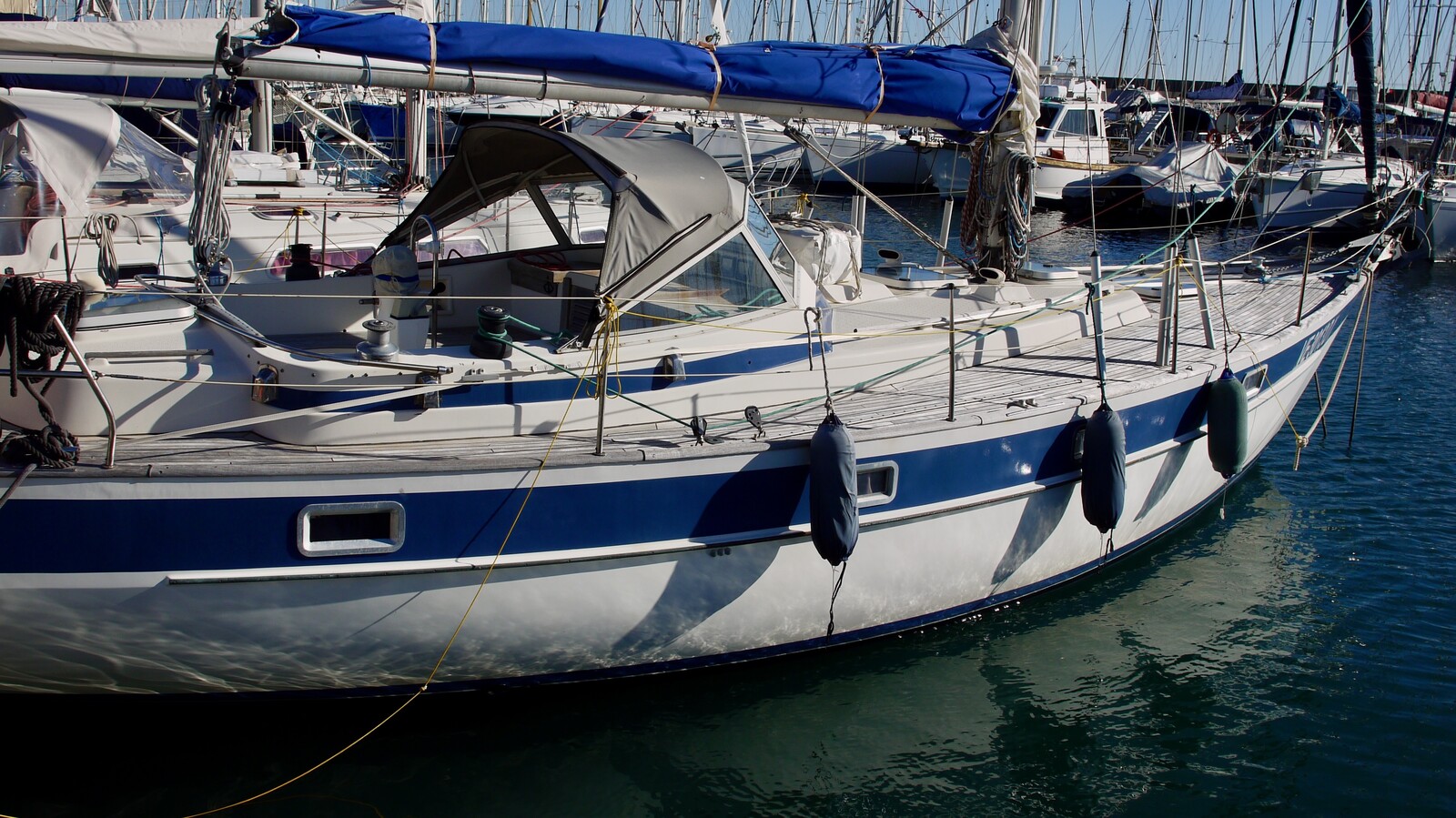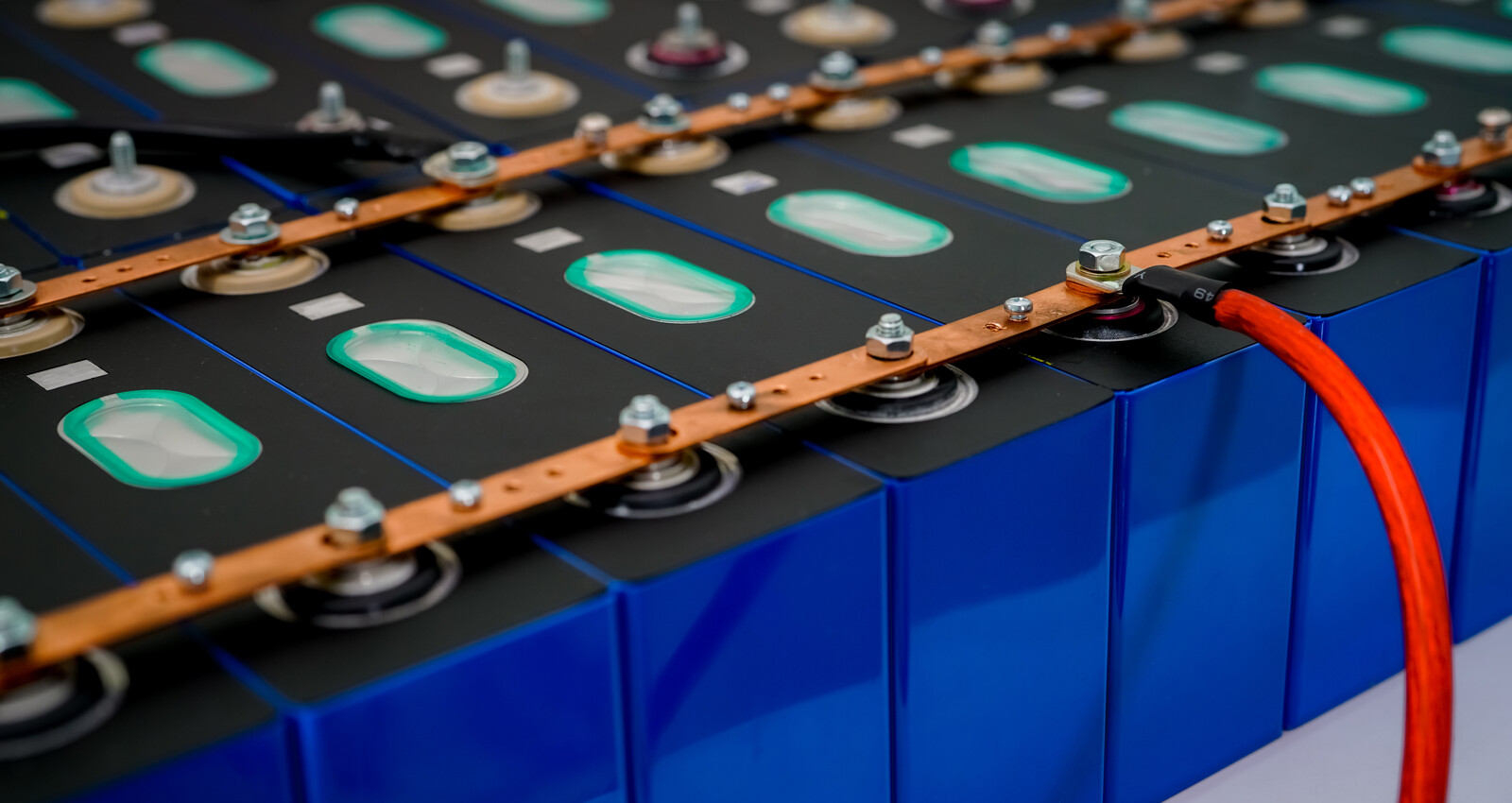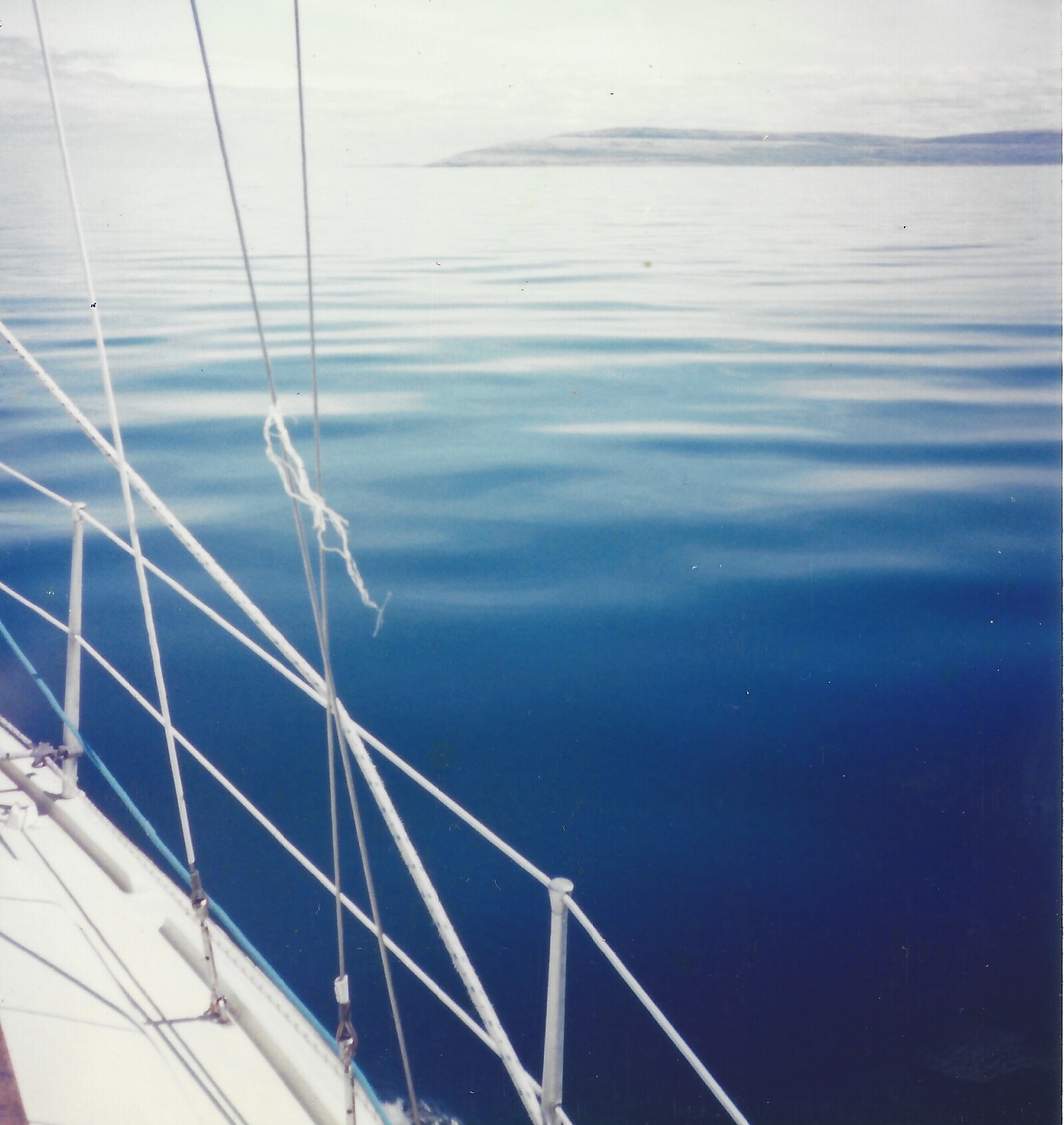The Journey Begins…
I know I said I wouldn’t discuss the pain and difficulty of transferring a boat from one registry to another, but I think it’s worth it in the vague chance someone else has to go through the bureaucratic process. I won’t do it right now, though!
This post tells the tale of our relaxing sail from Santo Stefano al Mare in Italy to Valencia in Spain, by way of Saint Tropez and Barcelona. All four locations are very much worth visiting.

